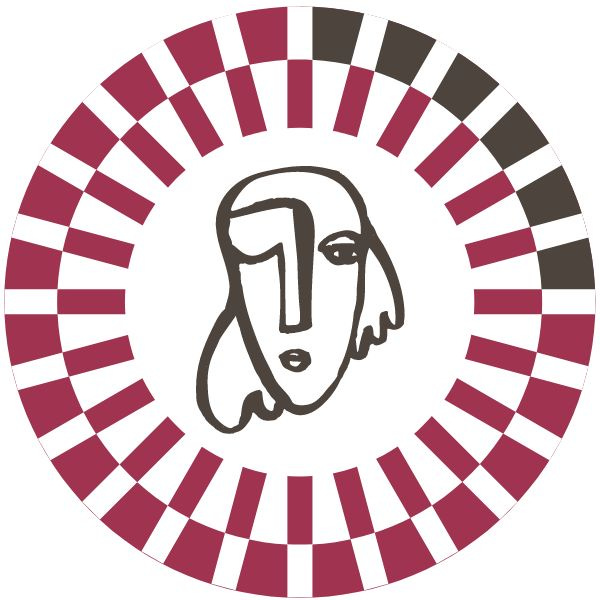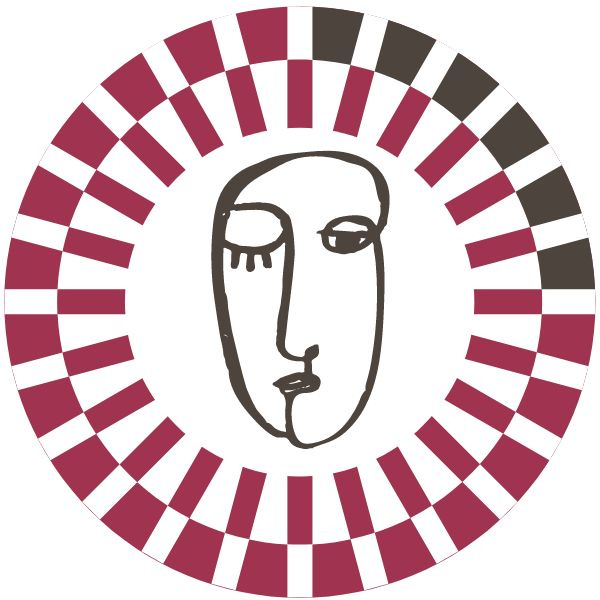Becoming the Center in a Culture With No Center
The story of the rainmaker and the quiet work of effecting change
When a client is in crisis, a large part of my job as a therapist is to trust with my whole body that they are going to be okay. I tend to ask a lot of questions and assess things like their sleep or lack thereof, substance use, food intake, and adherence to any prescribed medications. We work on problem-solving, breathing, embodied stress relief, and emotional processing, and we connect issues in the current moment with difficult events in the past. But amidst all of this, my job is to stay centered. No matter how grave their disorientation or suffering, a large part of my work is to essentially loan my client a solid center of gravity until they can relocate their own. This place of presence within myself, even if I barely give it conscious thought, is crucial to my client’s well-being.
There’s a story that Carl Jung frequently told his students that I think about all the time. He repeated it often because he believed it conveyed the essence of his teachings: that our individual work is of critical value to caring for each other and the world at large. It’s known simply as “the rainmaker story” and was originally shared by Richard Wilhelm, the German scholar of Chinese philosophy who reintroduced the I Ching to the West. The story goes like this:
There was a great drought where Wilhelm was living in China. There had not been a drop of rain for months and the situation was becoming catastrophic. In desperation, the townspeople finally called upon a rainmaker from another province, and an old man soon arrived. The only thing he asked for was a quiet little house.
The rainmaker asked not to be disturbed and for three days, he did not reappear.
On the fourth day, the clouds gathered and there was a great snowstorm, though it was a time of year when snow would not have been expected.
Curious and no doubt impressed, Wilhelm approached the old man and asked, “Will you tell me how you made the snow?”
The man at first replied, “I did not make the snow, I am not responsible.”
“But then what have you done these three days?” Wilhelm asked.
“Oh, I can explain that. I come from another area where things are in order. Here they are out of order. As a result, I was also not in the natural order of things. I was not in the Tao. I had to wait three days until I was back in the Tao. Then naturally, the rain came.”
We think so often of effecting change through action and intervention. It seems like magic or magical thinking to think that change might arise through something so quiet and small as, say, finding our center when the world around us has no center, or bringing ourselves into the Tao—the Way, the right order of things—when the world around us is not in alignment. Yet we also know from some of the most patient work of parenting a temperamental child, or from the work of any healer who sits with a person in pain, and from the rainmaker, that some of the most radical and effective work on behalf of others is to stay quietly centered within ourselves. Or, in fact, to relocate our center when it is lost to us too.
This is not passive work. And while quiet, it is far from being disengaged.
There’s little way for most of us to understand the effect of this silent work logically, or maybe even to believe a story like that of the rainmaker. It may seem just like a hopeful myth or a remarkable coincidence at best. Yet we also know, increasingly, that our nervous systems affect one another. We know that anxiety is often contagious if we’re not careful. Fear too. A dysregulated nervous system can dysregulate the nervous systems of others, and we can easily mistake waves of worry, nervousness, and panic as our own if we’re not immediately able to identify the source.
The closer we are emotionally or physically to a person caught in pain, stress, or worry, the harder it is to separate their anguish and suffering from our own.
But the opposite is also true.
The more we strive toward bringing our own nervous systems into balance, the more we may notice an effect on our own lives and on the lives of those around us. It may seem like magic. But this invisible labor radiates outwards. It is sometimes even far more effective than interventions to help in what we think of as tangible ways.
Being in alignment with ourselves supports others to come into alignment with themselves, and it can also help us to discard fear in our surroundings. To be internally regulated makes it possible to stay connected to the struggles for love and connection, and protected from those that spread like viruses stoking fear and hate.
There’s no moral issue around this, though, let me be clear.
For many people, finding inner silence, or “the Tao,” or achieving nervous system regulation in any given moment is far from easy. There are countless things that can help or hinder self-care, from nutrition and certain vitamins to good sleep and movement, to time in nature and away from cars and phones, to having a reliable home, being safe from abusive relationships, and safe from abuse in society. None of these things are equally accessed.
But, sometimes, in moments of crisis, anxiety, or fear, just knowing that our own center is there inside the chaos can help us to rebalance and find the quiet place within. And sometimes, modeling that for others simply indicates, body to body, heart to heart, that there’s another way, and that things might be okay.
xo, Satya
Book Talks!
The paperback edition of Quarterlife comes out July 4th and I’ll have the honor of reading at a few of my favorite bookstores. I would love to see you there! Come say hi and bring your friends!
Wednesday, July 5th, 7pm | Powell’s City of Books, Portland, Oregon
Thursday, July 6th, 7pm | Elliott Bay Book Company, Seattle, Washington
Saturday, July 15the, 10am | Shakespeare & Company, Missoula, Montana







Thank you, Satya. What a beautiful description of therapeutic work and, always, at center, the ground of being inside the clinician. Love the rainmaker story. And, congratulations on your Powell's reading. I will be there.